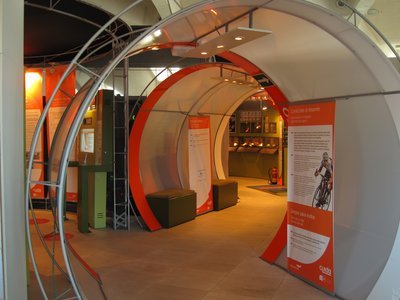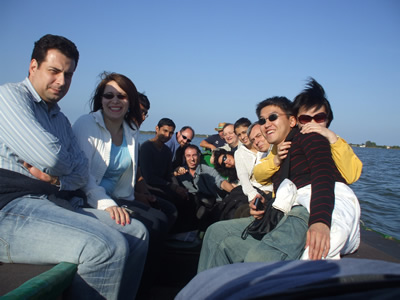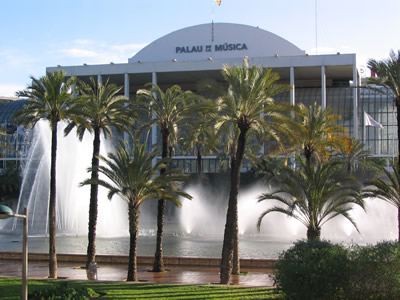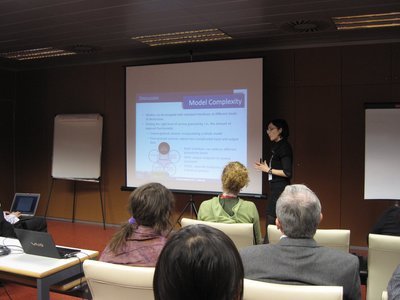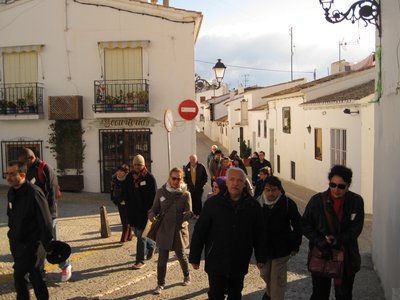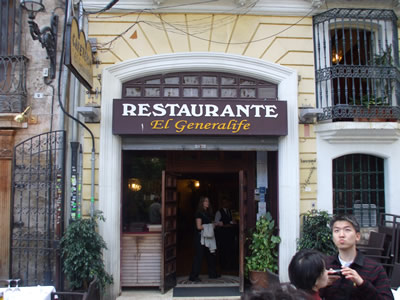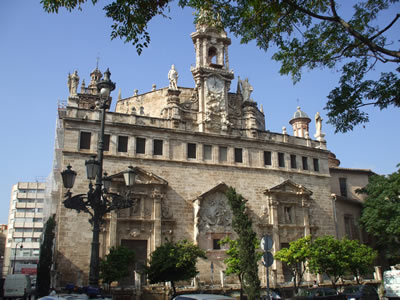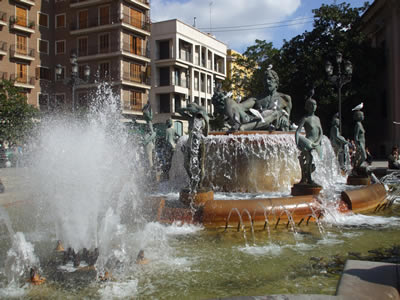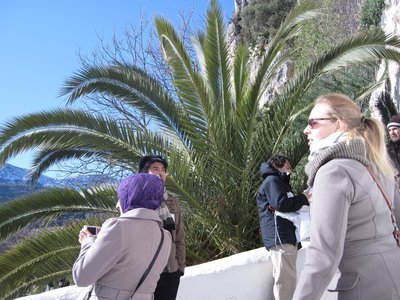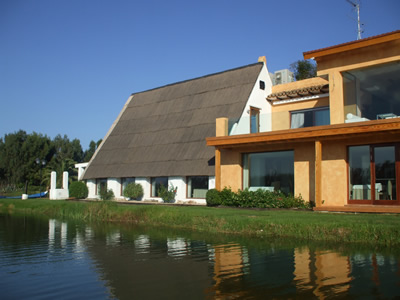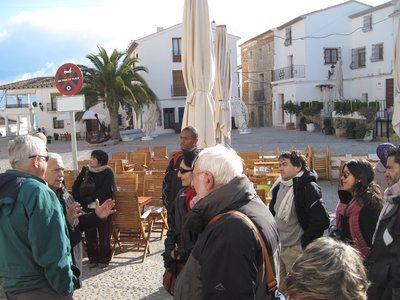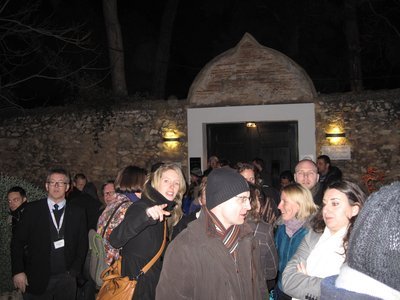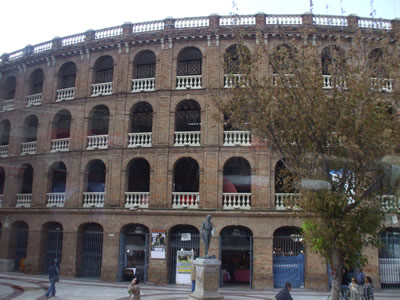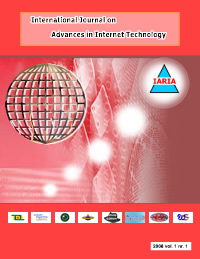ICIW 2025 - The Twentieth International Conference on Internet and Web Applications and Services
April 06, 2025 - April 10, 2025
ICIW 2025
Onsite and Online Options: In order to accommodate various situations, we are offering the option for either physical presence or virtual participation (pdf slides or pre-recorded videos).
ISSN: 2308-3972
ISBN: 978-1-68558-249-4
ICIW 2025 is colocated with the following events as part of DataSys 2025 Congress:
- AICT 2025, The Twenty-First Advanced International Conference on Telecommunications
- ICIW 2025, The Twentieth International Conference on Internet and Web Applications and Services
- ICIMP 2025, The Twentieth International Conference on Internet Monitoring and Protection
- SMART 2025, The Fourteenth International Conference on Smart Cities, Systems, Devices and Technologies
- IMMM 2025, The Fifteenth International Conference on Advances in Information Mining and Management
- INFOCOMP 2025, The Fifteenth International Conference on Advanced Communications and Computation
- MOBILITY 2025, The Fifteenth International Conference on Mobile Services, Resources, and Users
- SPWID 2025, The Eleventh International Conference on Smart Portable, Wearable, Implantable and Disability-oriented Devices and Systems
- ACCSE 2025, The Tenth International Conference on Advances in Computation, Communications and Services
ICIW 2025 Steering Committee
|
 |
Jaime Lloret Mauri
Universitat Politecnica de Valencia
Spain
|
|
 |
Petre Dini
IARIA
USA/EU
|
|
 |
Dawid Mieloch
Poznan University of Technology
Poland
|
|
|
|
|
 |
Jaime Lloret Mauri
Universitat Politecnica de Valencia
Spain
|
|
 |
Petre Dini
IARIA
USA/EU
|
|
 |
Dawid Mieloch
Poznan Universityof Technology
Poland
|
ICIW 2025 conference tracks:
TRINT: Trends on Internet-based data, applications and services
Mapping social networks; Signed social networks; Interactive analysis; Personalized sentiment classification; Mobile devices and Internet technologies; Mobile IPv6 over Software Defined Network (SDN); Generative Mappings; Intensive mobile data processing; Virtualization of mobile networks; Personalized services in 5G networks; 5G+ HetHetNets; Information-centric satellite networks; Drone-based services; Internet of self-tunable sensing; Embedded Sensing; Context-aware and location-aware services; Interned-based vehicular networks; Geo-replicated data stores; Personal Cloud; Cloud interactive services; Energy harvesting and energy efficiency; Opportunistic spectrum access; High spectral efficiency communications; Interactive analysis on Big Data; Streaming/Real-Time/Active Streaming; Internet-scale real-time analytics; Real-time data aggregation; Big Data and Industrial 4.0 systems; Internet and Crowdsourcing; Mobile and wearable networks; Smart sensing networks; Internet-based healthcare services; Green Internet; Internet accessibility; Internet and Apps
TRWEB: Trends on Web-driven applications and services
Web3D. Harvesting Entities from the Web; Linking User Web Profiles; Web Crowd Rankings; Navigational Queries; focused Object Retrieval; Discovering Subsumption Relationships; Meshes on the Web; Interactive 3D Web Environments; Interactive 3D Graphics; WebGL, Optimized Javascript engines; Native 3D Web applications, Declarative 3D; WebGL Scene Creation; Web-Based Source Code Analysis; Web visualization of underground caves; Streaming compressed 3D data on the Web; Web3D User Interfaces; Linked Data on the Web; Web user-profiling; Mining large dense graphs/subgraphs; Web tables; Relationships in knowledge graphs; Microblog users; Web Tracking; Augmenting cross-domain knowledge bases; High-dimensional data; Visualizing large-scale; Consumer-oriented Web services
ML: Machine Learning for Web-based applications and Internet data
Machine learning models (supervised, unsupervised, reinforcement, constrained, etc.);
Generative modeling (Gaussian, HMM, GAN, Bayesian networks, autoencoders, etc.);
Explainable AI (feature importance, LIME, SHAP, FACT, etc.);
Bayesian learning models;
Prediction uncertainty (approximation learning, similarity);
Training of models (hyperparameter optimization, regularization, optimizers);
Active learning (partially labels datasets, faulty labels, semi-supervised);
Applications of machine learning (recommender systems, NLP, computer vision, etc.);
Data in machine learning (no data, small data, big data, graph data, time series, sparse data, etc.)
MOBWEB: Smart Mobile Web
Integrated mobile web ecosystems; Smart and intelligent mobile systems; Enterprise mobile apps; Mobile commerce and services; Mobil friendly web design; Responsive web design; Smart mobile solutions; Personalization of mobile web; Smart mobile apps experiences; Social media and smart mobile web; Mobile pervasive and ubiquitous applications; Mobile e-commerce statistics; Mobile hybrid applications; Web-to-Apps; Smart mobile pages; Smart mobile wallets; Web-enabled mobile devices; Web, Mobile, and IoT apps; Industrial applications and demos; Accessories and wearable technologies; Smart web testing
IWAS : Internet and Web-based Applications and Services
Web technologies, frameworks, languages, mechanisms; Web applications design and development; Interaction with/from Web-based applications; Web-based applications’ features; Management of Web-based applications; Evaluation of Web applications; Specialized Web applications; Aggregating multimedia documents; E-business, appliances, and services; IP Grid Management and Grid Services; IP-based convergent solutions and next generation networks; Standards, case studies and special groups on web-based applications; E-business system design, development, and management for SMEs
WSSA : Web Services-based Systems and Applications
Service Innovations; Service Architectures; Model-driven development of context-aware services; Context-aware service models, architectures and frameworks; Model-driven development of semantic Web services; Web services foundation, architectures, frameworks, languages; Web services architecture and business continuity; Special Web services mechanisms;
Semantic Web, Ontology, and Web services; Web service applications ; Data Management aspects in Web Services; Autonomic e-Business integration and collaboration; Web service based Grid computing and P2P computing; Web services based applications for e-Commerce; Multimedia applications using Web Services; Automatic computing for Web services; Web services challenges on trust, security, performance, scalability; Enterprise Web services; Web services discovery, announcing, monitoring and management; Platforms, technologies, mechanisms and case studies; Grid architectures, middleware and toolkits
ENSYS: Entertainment Systems
Developing entertainment systems and applications; Platforms for entertainment systems; Speech technology & its usability for entertainment systems; Networking requirements for entertainment systems; Traffic generated by entertainment applications; QoS/SLA on entertainment systems; Reliability and high availability of entertainment systems; Identify aspects in entertainment systems; Real-time access to entertainment systems; Customized access entertainment systems; Navigation and entertainment systems; Integration and interoperability aspects in entertainment systems; Entertainment systems and applications; Networking and system support for entertainment systems; Wireless and mobile technologies for entertainment; Wireless multimedia for entertainment; Systems for music and movie distribution; Games on mobile and resource-constrained devices; Mobile video entertainment systems; Car/flight/train entertainment systems; Ubiquitous entertainment systems; Interactive television; Technologies for sport and entertainment; WiFi wireless home entertainment systems; Wearable technologies for entertainment
P2PSA: P2P Systems and Applications
P2P architectures, techniques, paradigms; P2P programming and data handling; P2P security features; Data and compute intensive applications; P2P networks and protocols; P2P management; P2P Trust and reputation management; Fault tolerance in P2P, quality of availability, accounting in P2P; Self-adaptiveness in P2P overlay networks; Self-configurable P2P systems; Case studies, benchmarking; Copyright and intellectual property; Electronic marketplace, Digital asset management and trading systems; Platforms, environments, testbeds
ONLINE: Online Communications, Collaborative Systems, and Social Networks
Theory, frameworks, mechanisms, and tools for online communication; Methodologies and languages for on-line communications; Web services and XML use for online communications; Tools for assessing online work, distributed workload; Shared business processes; Collaborative groups and systems; Theory and formalisms of group interactions; Group synergy in cooperative networks; Online gambling, gaming, children groups; Identity features, risks, jurisdiction for online communications; Specifics emergency and e-coaching on online communications; B2B and B2E cooperation; Privacy, identify, security on online communications; Individual anonymity, group trust, and confidentiality on online groups; Conflict, delegation, group selection; Community costs in collaborative groups; Building online social networks with popularity contexts, persuasion, etc.; Technology support for collaborative systems; Techniques, mechanisms, and platforms for remote cooperation
SERCOMP: Service computing
Adaptive Architecture;
Business process integration and management;
Cloud Computing;
Collective Intelligence for Service Computing;
Computational Intelligence;
Data Mining of Actual Services;
Decision Science;
Digital EcoSystems Infrastructure;
Economic Clusters;
Economics and Economic Experiments;
Game Theory;
Human Modeling in Services;
Intelligent Agents and Multi-Agent Systems;
Intra- and Inter-enterprise services;
Knowledge Discovery for Service Computing;
Nature Inspired Computing Techniques for Service Computing;
Optimization of Service Processes;
Psychological Approaches to Services;
Self Organizing Infrastructure;
Sensing of Human Behaviors;
Service-centric business models and their economics;
Service discovery, repository and registry;
Service Engineering;
Service evaluation, measurements and delivery audit;
Service interaction, service ontologies and service composition;
Service Marketing;
Service-Oriented Architecture;
Service Oriented computing;
Soft Computing;
Society and business services (public, utility, business, healthcare, consulting, etc.);
Sustainable Frameworks;
Swarm Intelligence;
Ubiquitous and pervasive services (technology, context, security);
Value Creation in Services;
Web-based basics on service modeling, deployment and maintenance
SLAECE: Social and Legal Aspect of Internet Computing
Principles, theories, and challenges of legal and social aspects; Strategies, modeling, and requirements engineering of legal and social aspects;
Architectures, implementations, and deployment consideration of legal and social aspects;
Cyber threats, emerging risks, systemic concerns, and emergency preparedness;
Social computing and lifestyle computing;
Service marketing and customer relationship management;
Market structures and emerging business models;
Emerging legal issues due to new computing environment;
File / information sharing networks and user behavior;
Knowledge modeling, management, and application;
Negotiation and contracting as well as contract monitoring and enforcement;
E-democracy, e-policy, and governance;
Legal and social ontologies;
Privacy and copyright in collaborative environments and social networks;
Intellectual property rights;
Trust, security, and privacy;
Counterfeit forensic;
Identity management and access control;
Security and privacy in location-based services
VEWAeL: Virtual Environments and Web Applications for eLearning
E-Learning; Web Technologies and Tools for Educational Purposes; Services for E-Learning Platforms; Virtual Learning Environments (VLE); Course Management Systems; Web applications for Teaching; Social Implications of E-Learning; Lifelong E-learning; Teaching-Learning Experiences using the Internet for Educational Purposes; E-learning in the European Higher Education Area (EHEA) and other HE contexts; Web protocols for VLE; Security for VLE; QoS for VLE; Storage management in VLE
VIDEO INFO: Short video/links scientific content
Apps; Mobile social media; Video production; Innovative video content; Creative process; Dedicated apps; Special apps for short scientific reports; Techniques for a convincing summary report; Mobile and wearable devices for scietific reports; Combining open space and lab space in scientific reports; Handling inventories of short video scientific reports; Innovative mobile content; Online news; Volatile and just-in-time news; Report authenticity; Copyright and authorship; Ethical aspects; etc.
ECC: Enterprise cloud computing
Architectures for enterprise clouds;
Principles, concepts and methodologies of enterprise cloud computing;
Tools, technologies, methodologies and frameworks for enterprise cloud computing;
Enterprise IS architectures such as application, information and technology architectures;
Synergies between SOA, Grid Computing and Cloud Infrastructures;
Quality of Service (QoS) models;
'Elastic' and on-demand allocation and management of resources to meet business needs;
Benefits, issues and limitations of enterprise clouds;
Security, data integrity, legal and governance issues for enterprise clouds;
Management, monitoring an governance issues;
Portability of architectures, applications and data between cloud providers;
Reliability and maintenance of cloud-based business architectures;
Architectures for Software as a Service, Platform as a Service and Infrastructure as a Service;
Network architecture using Storage Clouds;
Experience reports with designing, building and using Cloud infrastructure;
Novel application architectures, best practices, case studies and surveys
Deadlines:
Submission | Jan 20, 2025 |
Notification | Feb 16, 2025 |
Registration | Feb 28, 2025 |
Camera ready | Mar 05, 2025 |
Deadlines differ for special tracks. Please consult the conference home page for special tracks Call for Papers (if any).



